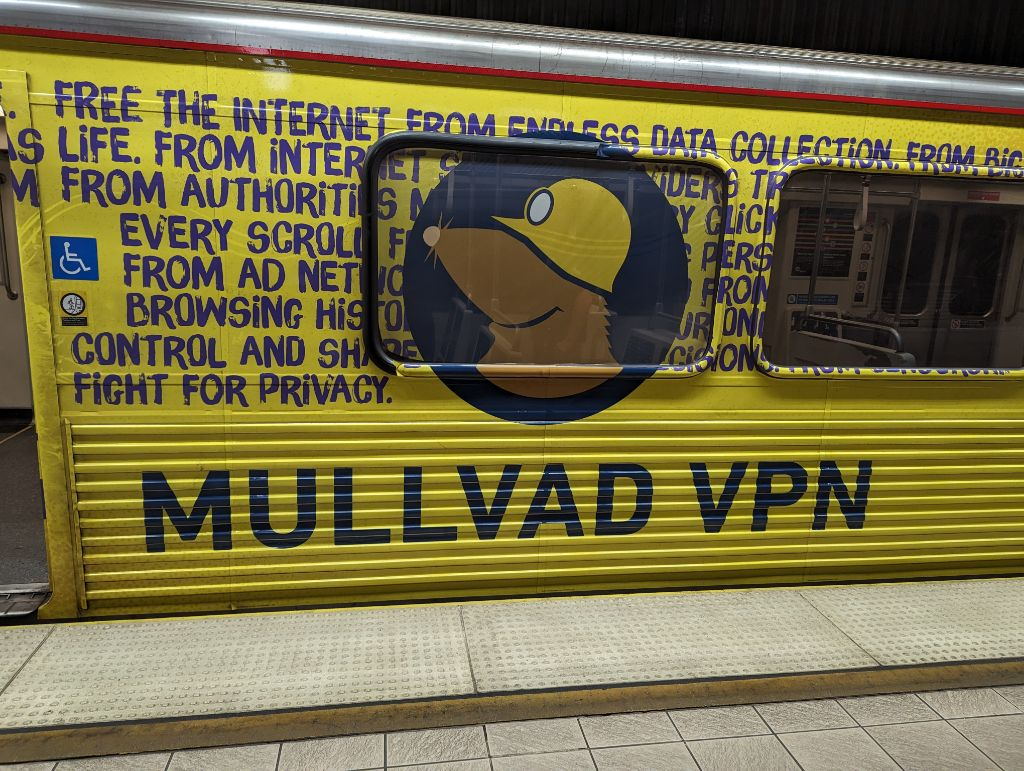this post was submitted on 22 Mar 2024
748 points (97.2% liked)
Privacy
32103 readers
1017 users here now
A place to discuss privacy and freedom in the digital world.
Privacy has become a very important issue in modern society, with companies and governments constantly abusing their power, more and more people are waking up to the importance of digital privacy.
In this community everyone is welcome to post links and discuss topics related to privacy.
Some Rules
- Posting a link to a website containing tracking isn't great, if contents of the website are behind a paywall maybe copy them into the post
- Don't promote proprietary software
- Try to keep things on topic
- If you have a question, please try searching for previous discussions, maybe it has already been answered
- Reposts are fine, but should have at least a couple of weeks in between so that the post can reach a new audience
- Be nice :)
Related communities
much thanks to @gary_host_laptop for the logo design :)
founded 5 years ago
MODERATORS
you are viewing a single comment's thread
view the rest of the comments
view the rest of the comments

I don't know why there would be. Texas is big, so overland trains would be much more cost effective.
Tunnels are expensive, and land is comparatively cheap (and we have lots of old rail lines we can reuse).
Subways are usually meant for within city limits to relieve congestion. Not for intercity, so it's irrelevant if Texas is big.
Unless you mean that land with rails within city limits already exists. In that case grade level crossings are a major hindrance.
I mean cities in Texas are very spread out. Subways work well in dense areas, and many parts of Texas just aren't that dense. Here's an article about Austin, and it seems people are more interested now than ever. But I want to point to a mention about Dallas:
We have something similar in my area (also in the west), surface rail is just way cheaper and good enough. Our population is somewhat spread out, so we use streetcars/trams and adjust the lights and crossings accordingly.
The problem with grade level crossings, even if the lights are adjusted, is always rush hour traffic.
One good example of this is line 512, St Clair W of the TTC. It's a street car on well separated tracks but with many intersections due to it crossing dense neighbourhoods in addition to dedicated left/U turn lanes for 2x1 lanes worth of cars. Despite being only 2x1 lanes, the road being on the E-W makes it a major thoroughfare. The congestion can get so bad that at certain intersections the street car can get stuck for ten minutes or more until the blockage clears.
I don't know Toronto well, but it seems there's a good set of expressways that go around the city, so thru roads could be cut to discourage cutting through the city itself. Replace those with walking and cycling paths and people will likely use the mass transit a lot more.
Basically, anywhere the Metro goes should have limited car traffic. That way a subway isn't needed, walk ability is preserved, and noise downtown would be reduced, making for a much more pleasant downtown.
If cities prioritize cars, trains will be more expensive and slow, and walking will be more dangerous. If cities prioritize either trains or pedestrians, cars are inconvenienced, but trains are cheaper and nicer, and walking is safe. Unfortunately, we in NA picked cars...